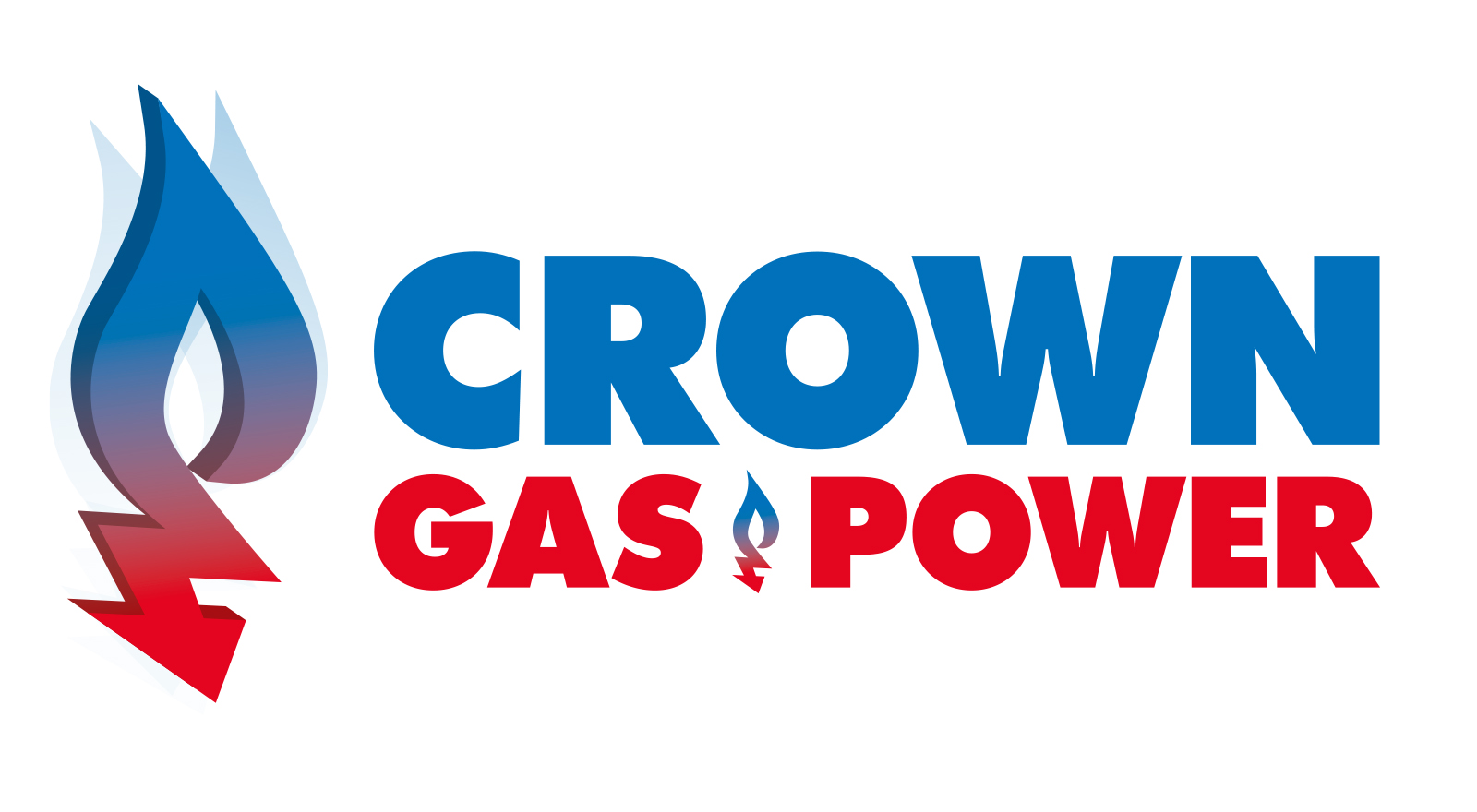Paying a standing charge for your business gas can feel like an unnecessary add on you see on your energy bill from your business gas supplier. This article aims to dispel those feelings by explaining what they are and the genuine reasons behind why they are on your bill.
What can often be forgotten is that a standing charge covers the costs of providing your business gas supply, and without it your business wouldn’t be able to get the gas it needs to run. In a nutshell, that’s why standing charges exist – but below we have outlined the details for you.
What are business gas standing charges?
Standing charges are, and continue to be, an essential part of the energy process. It is a fixed cost that you pay daily, no matter how much gas you use and keeps you connected to the main energy grid so you are able to receive gas when you need it. Your rate is calculated on your initial quote and is often broken down into a daily figure.
Standing charges can differ between businesses as it all depends on various components, such as your meter size and how much gas is required for your site. This can all make a big difference to the cost of your business gas bills.
Why am I paying a standing charge?
Standing charges are necessary since they cover costs associated with getting the gas you need to your site such as the pipes that carry the gas and the meter the gas passes through at your site. Think of it like a line rental but for your gas rather than your phone. Your job is to make sure you choose the package that has the best rate for your business.
Suppliers may claim they can offer deals without standing charges, but make sure to look at the quote and small print as they will often have higher unit prices to cover the fixed costs. These still need to be paid to ensure you have a gas supply.
How much does a standing charge cost?
Estimating costs is difficult as charges depend on a variety of factors, including:
- The size of your business
- Your business location
- How and when it uses energy
- The size of your gas meter
- How much gas your business uses
Standing charges can range from 25p to £150 per day, depending on your annual consumption and meter size.
What is the difference between a fixed and variable cost?
A standing charge is a fixed daily charge that does not change no matter your consumption. A unit rate (variable cost) is a charge dependant on your kWh consumption on site and the charges will vary dependant on usage. Example: your phone’s device plan is a fixed cost but the tariff is a variable cost.
Breaking down the fixed standing charge costs
There are several factors that contribute towards a fixed standing charge:
Meter Asset Charge: the rental of the meter is based on the size of the meter used. In most cases your gas meter is not owned by you or your gas supplier but a meter asset manager who is responsible for the maintenance of the meter.
Meter Read Charge: covers somebody coming out to read the meter. All suppliers are obliged to send someone out to read the consumer’s meter every month or every six months, depending on the amount of gas consumed. If your site has an AMR device, a charge applies to cover the cost for providing daily meter reads.
Capacity Charge: transporting gas to the meter. The country is split into Local Distribution Zones (LDZs) and each has their own cost of transporting gas to the consumer’s meter to make sure the gas is ready when you need it.
Unidentified Gas Cost (UGC): covers gas that is sometimes stolen or lost in the network. The estimated charge is a mandatory rate for the loss, spread across all suppliers and consumers. The industry and LDZs work hard to limit this.
Fixed Charged: the admin fee from the system operator who is responsible for all metering/site data.
Why do some companies offer zero-standing charge contracts?
Some companies offer zero-standing charge contracts but usually the costs are absorbed into the unit rate based on an estimate of how much gas you are likely to use.
If you are interested in hearing more about standing charges or still have questions, please get in touch with our Crown Gas & Power Siteworks team here.
 My Account
My Account  My Account
My Account 



